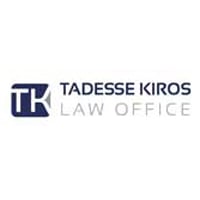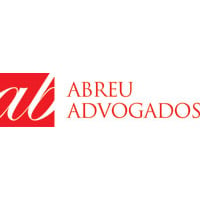

Partner, head of Africa group | Linklaters






Andrew Jones
Partner, head of Africa group | Linklaters
Number of years practice: 26
Principal practice areas:
Energy, infrastructure, natural resources, telecoms
Languages spoken: English, French, German, Spanish and Portuguese
What is the geographical focus of your practice in Africa?
Pan-African practice: I have worked in over 30 countries across Africa over the past 26 years, including in Francophone, Lusophone and South Africa.
Please describe the most important matters you have worked on in the African market in the last two years, including your role and the significance of the matter (if any) to the development of business and law.
I led the team advising numerous lenders on the US$2.73bn financing of the US$5bn Nacala rail corridor and port project in Malawi and Mozambique, financially closing in 2018. This is the largest infrastructure project to date in sub-Saharan Africa and required the development of a complex legal structure. In addition to providing a route to market for the Vale/Mitsui mines in Mozambique, the project brings with it important local development potential through the availability of third party access to the railway.
I have also been advising Africa50 on a proposed bridge over the river Congo linking the DR Congo with the Republic of Congo, which would be the first such bridge and a significant catalyst for regional development, this is currently ongoing. Finally, in 2017, I advised Aggreko on a captive solar power development for a mine in Eritrea. This is the first private power project in the country.
What differentiates your practice from that of other private practice lawyers?
Three differentiators: (a) complexity and innovation – through deals such as those mentioned above as well as others such as advising the south African government on setting up its 6000 mw renewable energy programme (b) breadth – I advise on infrastructure, energy, mining and telecoms projects, including on their development, financing and sale and purchase as well as restructuring (c) geographical breadth – in part due to my fluent French and my working understanding of Portuguese.
Why has Africa been a particularly strong focus for you?
My focus stems from my personal enthusiasm for the continent. As a newly qualified lawyer, I was sent to Mali to meet government in connection with a large gold mining development (then the largest FDI the country had seen) and I have never looked back.
What changes have you seen in the appetite for Africa-based ventures and investments over the last five years?
Over the last five years, the previously exuberant investor appetite for the continent has sobered somewhat. This has resulted in fewer but more serious and focused investors.
Are there any aspects of the African legal market that you would like to see change?
I would like to see more people of African heritage work on African transactions. This is something we have been putting a lot of effort into making happen over the last few years.
What megatrends do you think will shape the African market over the coming five years? How (if at all) will these trends affect your practice?
We expect to continue to see appetite from clients across Asia for African investments, this plays well to our strengths and geographic footprint in the region. We expect African corporates will continue to expand and diversify outside their domestic markets. We also expect to see more restructuring and arbitration work – a function of previous high deal activity as well as issues such as commodity price volatility. Again this plays to our strengths as a full service law firm and our ability to advise clients across all parts of the investment cycle.